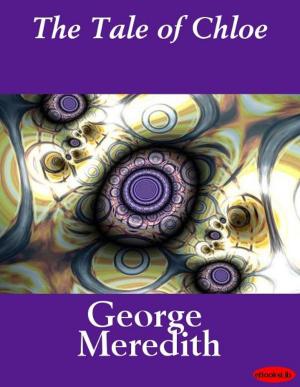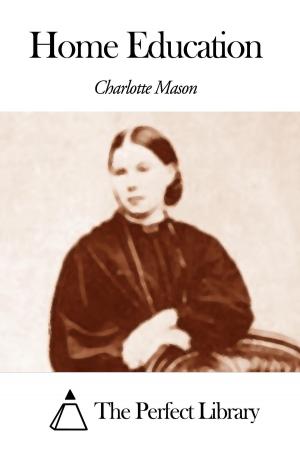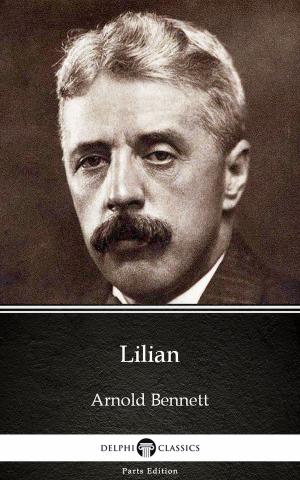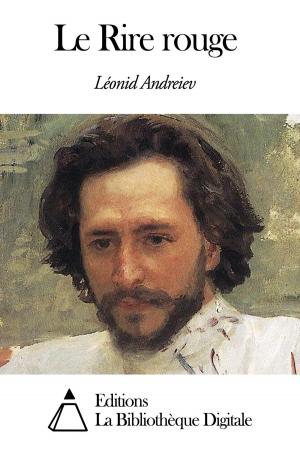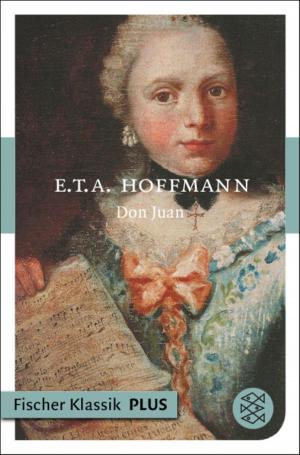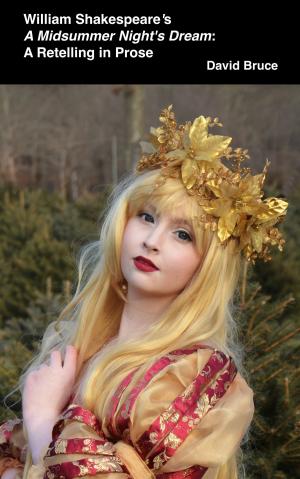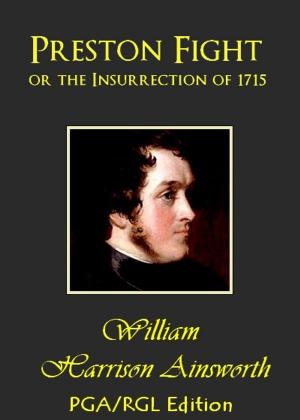| Author: | Crystal Carroll | ISBN: | 9781370874033 |
| Publisher: | Crystal Carroll | Publication: | February 16, 2017 |
| Imprint: | Smashwords Edition | Language: | English |
| Author: | Crystal Carroll |
| ISBN: | 9781370874033 |
| Publisher: | Crystal Carroll |
| Publication: | February 16, 2017 |
| Imprint: | Smashwords Edition |
| Language: | English |
The Bard of Avon. England's National Poet. William Shakespeare. He occupies a very central position in English Literature. Well, he has a canon, and students are forced to read him. Ben Jonson referred to Shakespeare as, "Soul of the age, the applause, delight, the wonder of our stage." Every production of a Shakespeare play is a variation on which aspects of the story that the director and the various artists involved want to accentuate. Hopefully, people watching the plays have a similar level of engagement and walk away thinking about what those variations meant. They might wonder just why was Beatrice so opposed to marriage. One bad love affair seems like not enough reason. They might image that Shylock leaves Venice after the end of Merchant of Venice. They could try to decide if faking Juliet’s death was really the best plan? Actually, strike that one. It clearly was a bad plan. While not at Hamlet or Macbeth levels, things could have gone better. Instead they might like to think that Marguerite of Anjou and Joan of Arc hung out off stage in Henry VI Part I. It's fun to imagine what all the characters were doing off stage. Even the villains have reasons for being the way they are. They are, after all, the heroes of their own stories. This collection of short stories explores exactly those sorts of ideas (pursued by bears) in the margins of the plays. When Shakespeare started writing (sorry Baconites), he was called an "upstart crow" by Robert Greene, because he wasn't a university educated playwright. While Shakespeare himself asked, "What's in a name?" and wrote plays based on existing stories. That's means examining Shakespeare shouldn't be a rarefied act of Bardolatry, but something joyous. It's what the Bard of Avon would want.
The Bard of Avon. England's National Poet. William Shakespeare. He occupies a very central position in English Literature. Well, he has a canon, and students are forced to read him. Ben Jonson referred to Shakespeare as, "Soul of the age, the applause, delight, the wonder of our stage." Every production of a Shakespeare play is a variation on which aspects of the story that the director and the various artists involved want to accentuate. Hopefully, people watching the plays have a similar level of engagement and walk away thinking about what those variations meant. They might wonder just why was Beatrice so opposed to marriage. One bad love affair seems like not enough reason. They might image that Shylock leaves Venice after the end of Merchant of Venice. They could try to decide if faking Juliet’s death was really the best plan? Actually, strike that one. It clearly was a bad plan. While not at Hamlet or Macbeth levels, things could have gone better. Instead they might like to think that Marguerite of Anjou and Joan of Arc hung out off stage in Henry VI Part I. It's fun to imagine what all the characters were doing off stage. Even the villains have reasons for being the way they are. They are, after all, the heroes of their own stories. This collection of short stories explores exactly those sorts of ideas (pursued by bears) in the margins of the plays. When Shakespeare started writing (sorry Baconites), he was called an "upstart crow" by Robert Greene, because he wasn't a university educated playwright. While Shakespeare himself asked, "What's in a name?" and wrote plays based on existing stories. That's means examining Shakespeare shouldn't be a rarefied act of Bardolatry, but something joyous. It's what the Bard of Avon would want.

